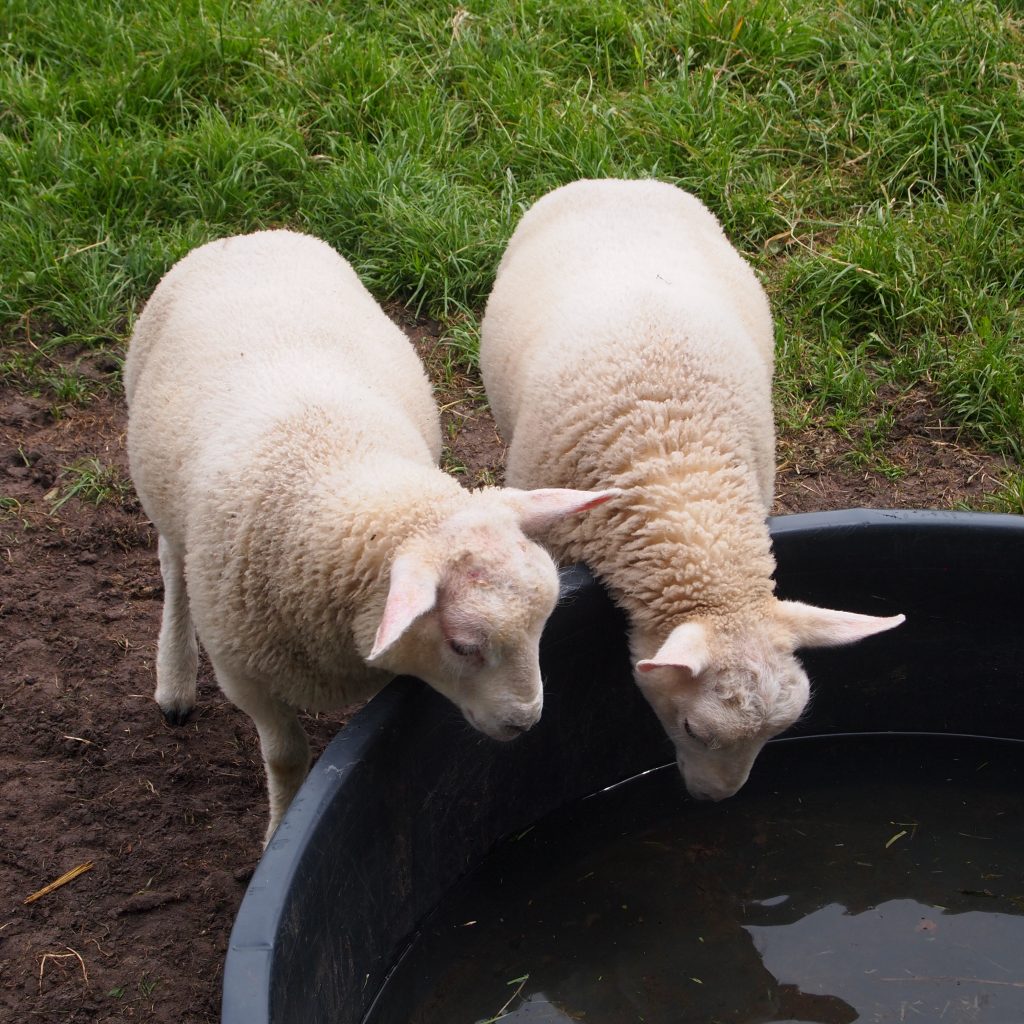Advice for taking care of livestock during the heatwave
27th June 2018
With the UK currently sweltering in a heatwave with temperatures as high as 33°C (91.4°F), many livestock farmers will be busy making sure that their farm animals are safe in the hot weather.
With the UK currently sweltering in a heatwave with temperatures as high as 33°C (91.4°F), many livestock farmers will be busy making sure that their farm animals are safe in the hot weather.
Defra explains that officials from local councils and the Animal and Plant Health Agency (APHA) monitor extreme weather situations.
They work with the RSPCA, NFU, and other organisations who deal with farmers and animal welfare, and say that in an emergency farmers should contact the APHA, the local council, the RSPCA or others for advice.

April, May and June have all had hotter months than the average temperatures expected for this time of year
With the warm weather affecting water supplies, it is possible that there may be water shortages from time to time, which could lead to animals becoming dehydrated as a result of the lack of water.
Young animals, housed animals on dry feed only, and lactating animals are at greatest risk.
To reduce the risk, Defra points out farmers can give their animals water from the following sources (best to worst):
- Drinking water
- Collected rain water
- Reservoirs
Farmers should already have a ‘plan b’ ready in case such events like a water shortage arises.
Backup plans could involve making arrangements with neighbours who have boreholes.
If water ends up being rationed, farmers should still meet the following daily minimum needs:
- Milking cows – 38 to 52 litres (l)
- Other cattle – 38 l
- Horses – 20 to 45 l
- Pigs – 4 to 11.5 l
- Sheep – 6 l
- Poultry (intensive) – 0.5 l
Although, farmers may need to allow for more water for very young or old animals, or if the temperature or humidity rises further.
Farmers can reduce the amount of water animals need by:
- giving them less feed
- drying off any animals that are in late stage lactation
- ending egg production
- If water is rationed farmers should avoid salt poisoning in pigs
If farmers cannot get enough water for their animals, then they should consider transporting the animals to areas where enough water is available.
Sadly, as a last resort, Defra says farmers should consider killing their animals in a humane way rather than letting them suffer.
A link to Defra’s advice page can be found here.
